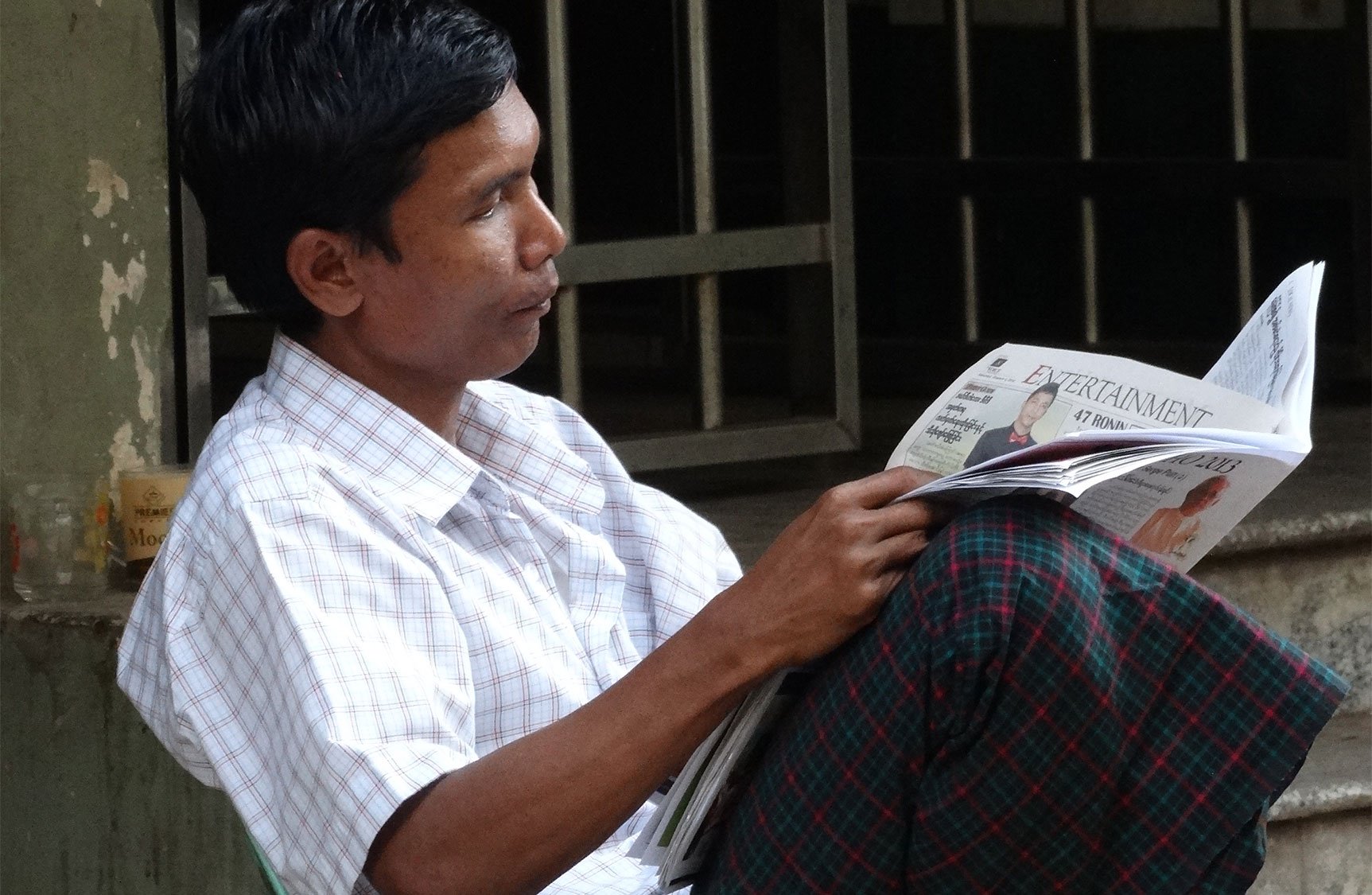Protecting the Future of Myanmar Media
Sectoral Assessment
Updated June 2025 (originally Published April 2024)
Myanmar stands at a pivotal moment, in which opposition actors could have an unprecedented opportunity to redefine the State, establish democratic legal principles, and forge progressive practices. The reform of Myanmar’s media regulation is not only imperative for safeguarding media freedom after years of oppression, but also for fostering robust and informed public engagement essential during potential transformative periods.
This thought paper contributes to the evolving discourse on democratizing Myanmar’s media regulation. It begins by defining a human rights-based approach to media regulation and offers a critique of past governmental and military regimes’ approach to media regulation. Through a comprehensive analysis of these elements, this paper endeavors to provide actionable insights and recommendations for Myanmar’s media, democracy movement, and broader stakeholders, as they navigate the challenging journey towards cultivating a more democratic and inclusive media environment.
Swiftly adopting a bill to nullify the military’s amendments and instituting a new constitution with comprehensive human rights guarantees are pivotal initial steps. However, genuine reform also requires substantial amendments to laws like the Penal Code (1861), Counter-Terrorism Law (2014), and News Media Law (2014). A more expeditious solution could involve enacting a new law, such as a “Media Freedom Law” or a “Human Rights Law,” overriding existing and superseding legislation while repealing undemocratic laws like the Printing and Publish Law (2014).
The proposals outlined in this thought paper, though not exhaustive, pave the way for more informed participation in policymaking. Unlike previous reforms that lacked consistent and in-depth consultations, engaging civil society, legal experts, and international collaborators will allow Myanmar to draw upon collective expertise, creating media regulation that resonates with the aspirations and values of its people. For the full analysis, please click here.
The analysis is also available in Burmese.
Sign up for our newsletters
Sign up
